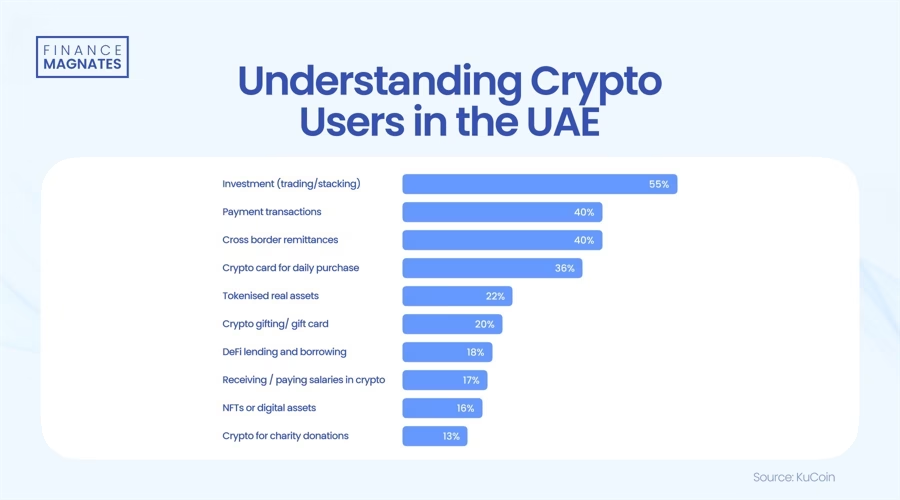As crypto banking gains momentum, prospective entrants must prepare for the realization that licensing in this sector is not as straightforward as in traditional banking. How can one navigate these pitfalls in crypto licensing?
Since even traditional banking institutions like Deutsche Bank and Bank of America’s Merrill are stepping up their efforts to offer crypto services, the question of how to obtain a crypto license becomes more important. This is especially true in the UAE, where crypto adoption outpaces regional trends, with 72% of local investors flocking to Bitcoin.
In the traditional banking realm, an IT firm seeking to offer customer banking services can forge a white-label agreement with an existing bank, operating under the bank’s license, albeit with some limitations. However, for banks intent on providing crypto services, such intermediary arrangements are non-starters.
First MVP, Then License, or Vice Versa?
Some enterprises prefer to launch minimum viable products (MVPs) to test their crypto service capabilities before rolling out the final product in an effort to mitigate risks. However, is this approach viable within the UAE context?
We’re proud to announce our latest milestone in global regulatory compliance and licensure.https://t.co/vCNztATSCO has secured its MVP Preparatory License from the Virtual Asset Regulatory Authority in Dubai. 🇦🇪
Learn more:https://t.co/ApmdXpUBI3 pic.twitter.com/iwYCznyYXQ
— Crypto.com (@cryptocom) March 20, 2023
Regrettably, no. Essentially, any institution engaging with crypto assets must obtain a crypto license. Regardless of the regulatory framework or jurisdiction, be it within a free zone or elsewhere, a crypto license is imperative.
Even if a company delegates certain functions to subcontractors, such as custody or exchange services, it remains engaged in crypto operations, mandating compliance
























